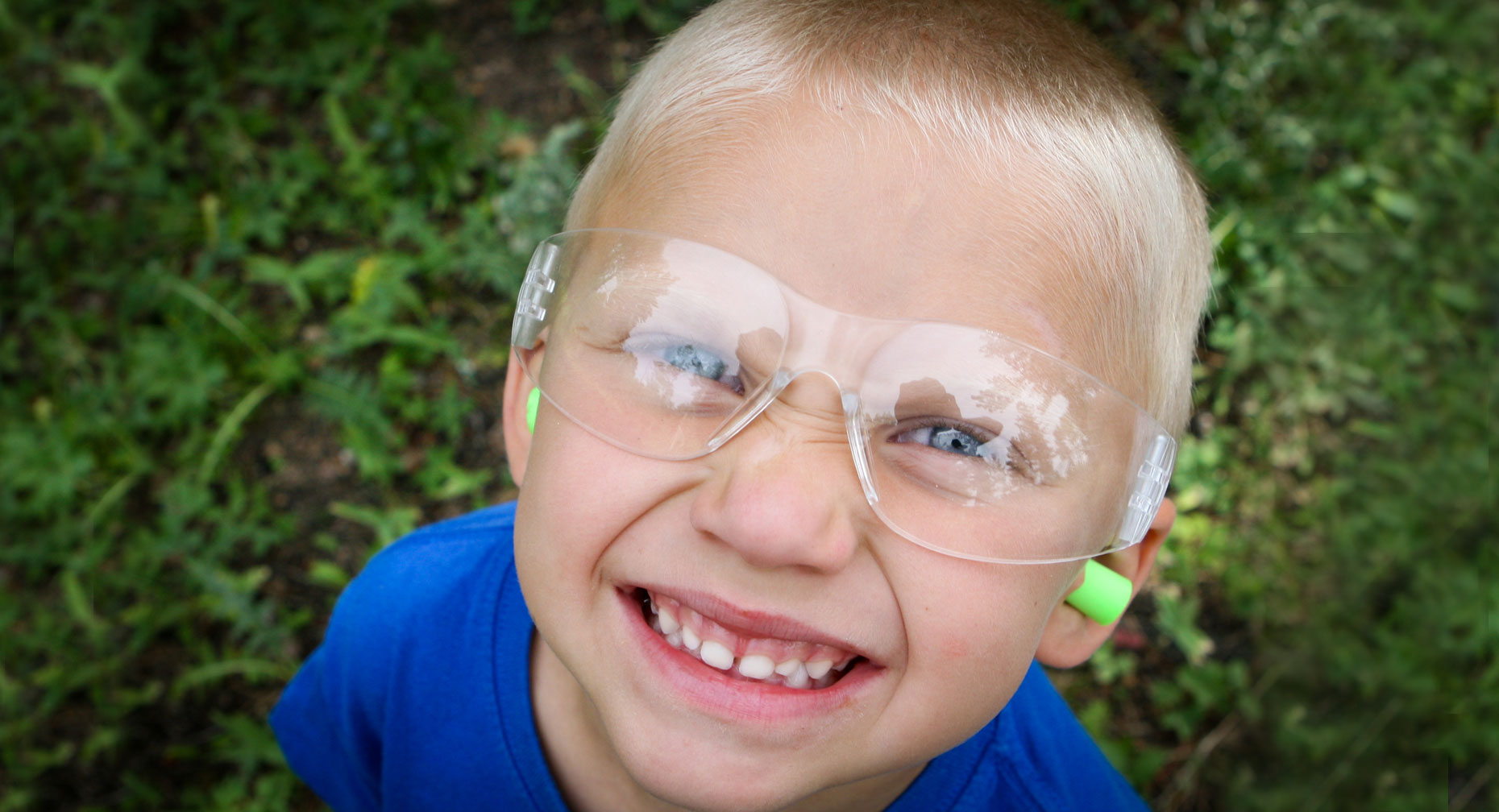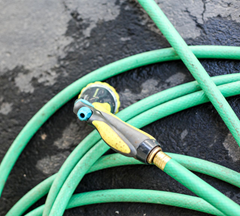Fireworks Tips to Keep Your Fingers – And More

Answer a few questions and we'll provide you with a list of primary care providers that best fit your needs.
Fireworks are dazzling — and dangerous. While it's fun to set off fireworks in your own backyard, Matthew Stone, DO, says your best bet is to leave it to the professionals and head to the nearest public display
Click play to watch the video or read video transcript.
Keep It Calm
If you do plan to celebrate at home, follow these guidelines:
- Don’t let children play with fireworks.
- Keep a bucket of water or hose nearby.
- Never lean over a fireworks device.
- Wear safety glasses.
- Avoid bottle rockets. Their flight paths are often erratic and they can explode, sending glass or metal flying.
- Never re-light a “dud” firework. Wait 20 minutes, then soak it in a bucket of water.
- Take time to read the directions and cautionary labels.
- Light fireworks one at a time.
- Always use fireworks outdoors and away from buildings and cars.
- Know and obey all local laws regarding fireworks.
Fireworks First Aid
Thousands of people, many of them children, are hurt every year by fireworks, according to the National Council of Fireworks Safety. Most injuries are caused by bottle rockets, sparklers and Roman candles — and include serious burns, loss of fingers and even blindness.
Eyes
With an eye injury, take these steps to protect the victim’s sight:
- Get medical attention fast, even if the injury seems minor.
- Don’t try to rinse out the eye. This can make things worse.
- Avoid putting pressure on the eye, or touching the injury.
- Don’t give aspirin or ibuprofen for pain. They may thin blood and increase bleeding.
- Don’t apply ointments or medications. They’re probably not sterile.
Ears
Fireworks can harm children’s hearing. Keep young ears safe by watching from at least 500 feet away from the launch site. And consider buying noise-reducing earplugs or headphones to help protect your little one.
Most injuries are caused by bottle rockets, sparklers and Roman candles
Burns
Fireworks can cause severe burns, leaving scars that last a lifetime. Even sparklers, which look pretty and harmless, can heat up to 1,200 degrees, and should never be given to children.
Answer a few questions and we'll provide you with a list of primary care providers that best fit your needs.
Source: American Academy of Pediatrics; National Council on Fireworks Safety; Safekids.org; U.S. Consumer Product Safety Commission; Matthew Stone, DO, Middletown Family Practice






